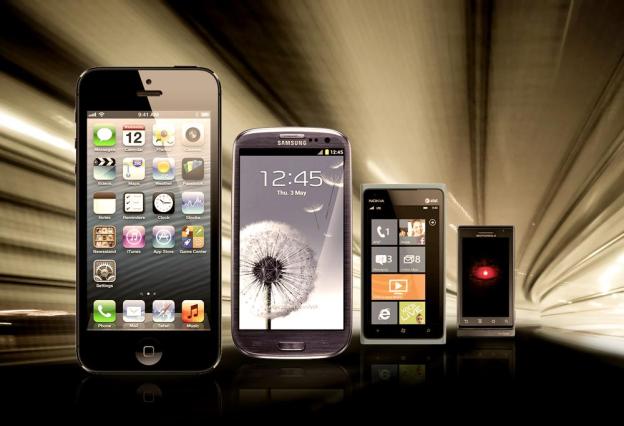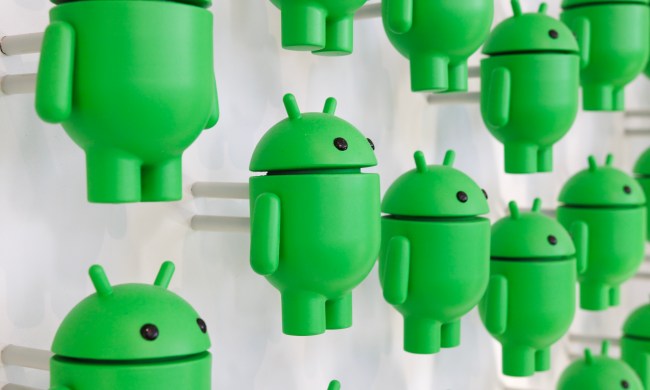 The latest research figures from Kantar Worldpanel ComTech have been released, providing us with plenty of facts and figures related to the state of the global smartphone market. The figures grabbing the most headlines are from Europe, but it’s BlackBerry’s performance which shocks.
The latest research figures from Kantar Worldpanel ComTech have been released, providing us with plenty of facts and figures related to the state of the global smartphone market. The figures grabbing the most headlines are from Europe, but it’s BlackBerry’s performance which shocks.
Let’s start on a positive note. In Europe, Google’s Android mobile OS now has a 70 percent market share, while primary rival iOS trails with 17.3 percent. Kantar’s figures relate to Europe’s five biggest markets, the UK, France, Germany, Italy, and Spain; and Android’s 70 percent share is 9 percent higher than the same period in 2012.
While many manufacturers produce Android-based smartphones, Kantar’s data shows Samsung is the big winner, as half of all devices sold there wear the company’s name. This fits in with research from IDC, published in April, which showed Samsung taking a 32.7 percent share of the global market after selling 70 million phones in the first three months of 2013. Samsung does face strong opposition from Sony and the Xperia Z in the UK, as 38 percent of the owners formerly used a Samsung device.
In America, Android isn’t doing quite as well, but it still comes out on top with a 52 percent of the market, while iOS controls 41.9 percent. However, Kantar says both it and Microsoft’s Windows Phone have been growing slightly faster than Google’s OS. The company’s global director says Apple’s resurgence has been facilitated in part T-Mobile introducing the iPhone, and estimates 28 percent of T-Mobile subscribers plan to purchase an iPhone the next time they upgrade. As for Windows Phone, in Europe it’s up to 6.8 percent from 4.3 percent last year, while in America, it’s holding steady at 4.6 percent, a mere 0.9 percent change over 2012.
So, while Android, Windows Phone and iOS are either consistent or on the up, things aren’t looking good for BlackBerry. In America last year, BlackBerry had a 4.6 percent market share at the end of May, however this year this has dropped to a disastrous 0.7 percent in 2013. It’s a similar story elsewhere, as in the UK, 12.6 percent has turned into 5.3 percent, and in Europe overall, 7 percent has become 2.5 percent. Following a less than positive earnings report at the end of last week, July hasn’t got off to a positive start for the struggling company.



